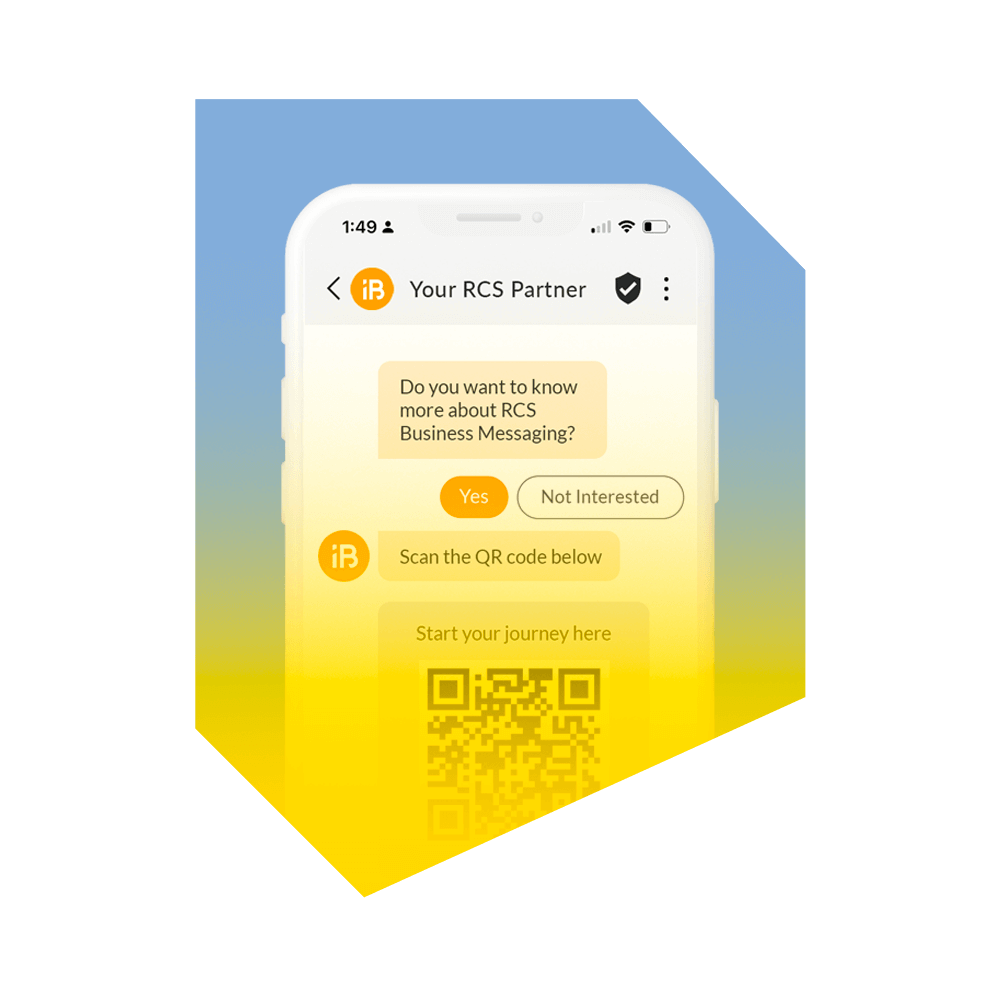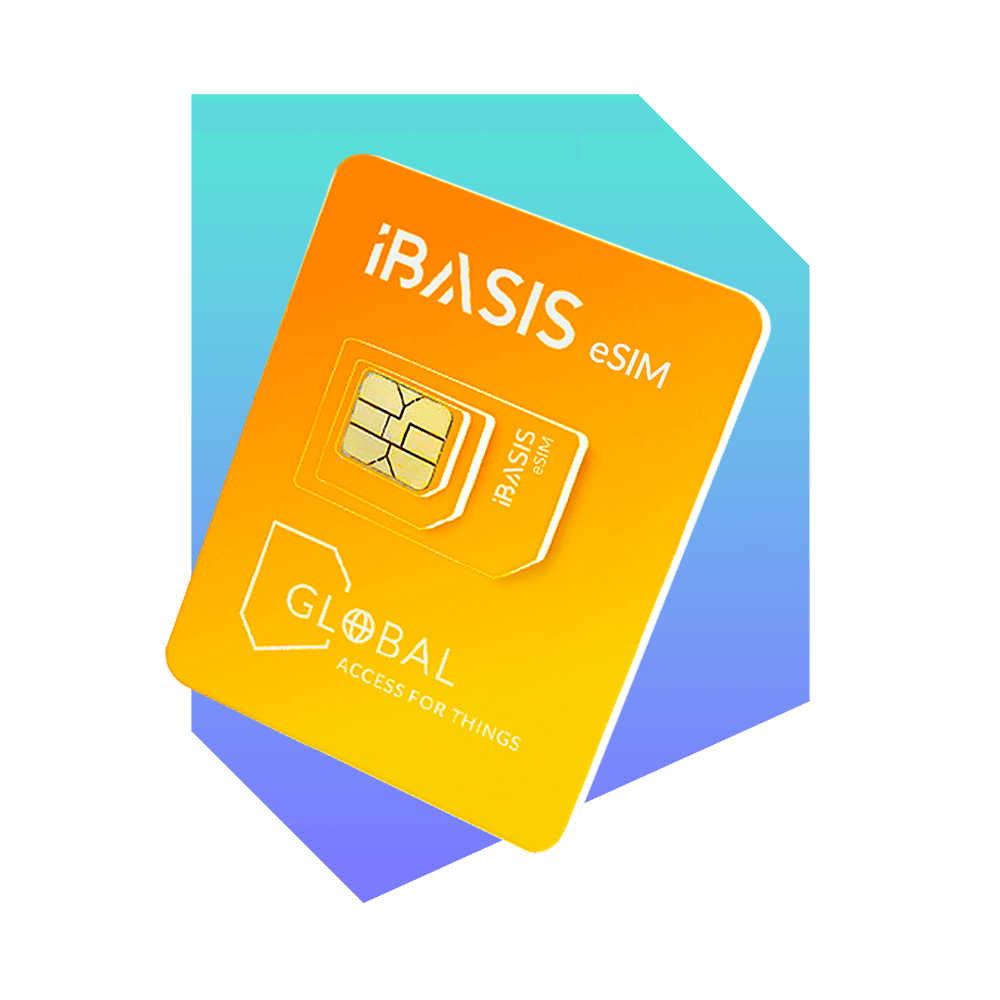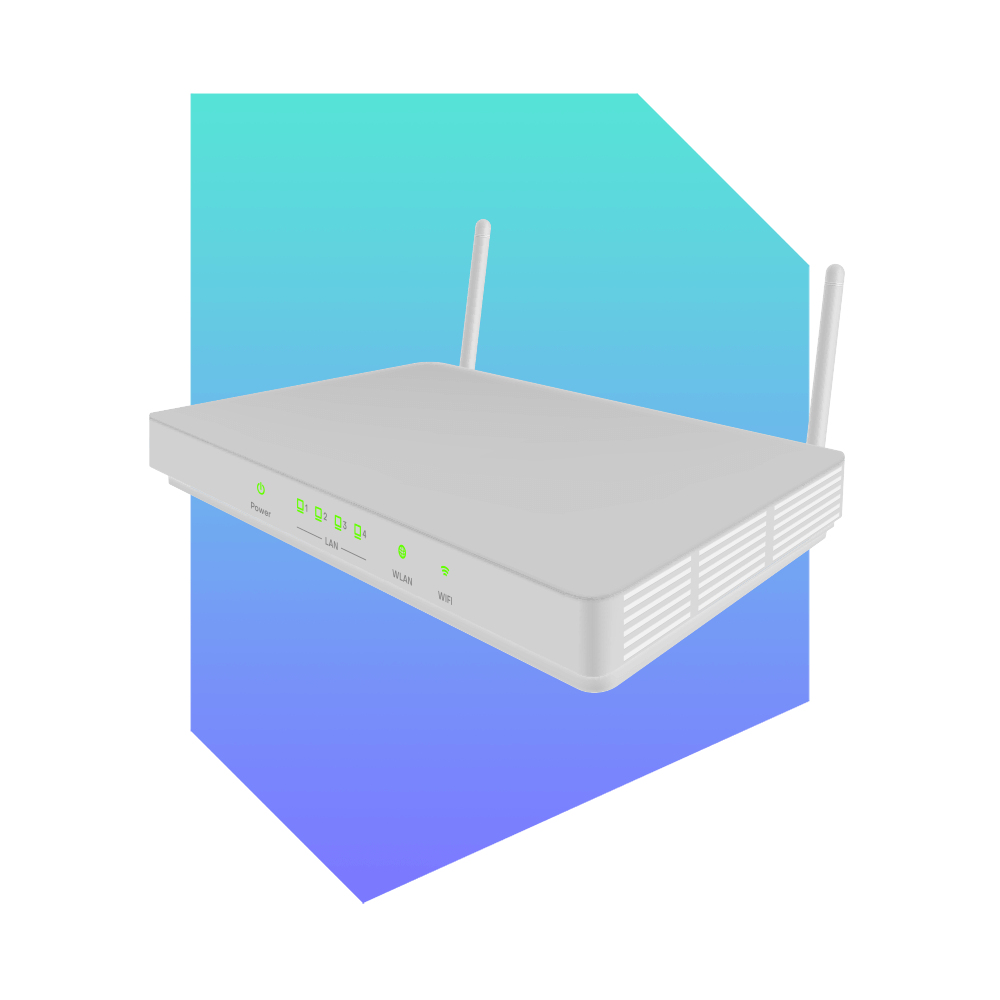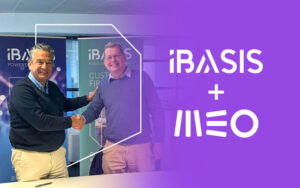61% of MNOs rated RCS combined with VoLTE as a top new opportunity, according to March 2015 Ovum survey. 87 operators in 32 countries are expected to have launched RCS by end of this year, according to GSMA.
RCS (Rich Communication Suite) is a GSMA initiative supported by leading service providers to accelerate the adoption of applications and services that provide an interoperable, convergent, rich communication experience based on the IMS core. The combination of RCS and VoLTE can bring new opportunities for mobile operators. It enables them to upgrade current service offerings to provide customers a richer experience. Eventually RCS could help MNOs compete more effectively with OTT applications by combining richer services with superior security, reliable quality and global interoperability. RCS offerings include services such as IP messaging group chat, video calling and simplified content sharing, with an intuitive way to use them. The services negate the use of multiple, separate applications and log-ins in offering ubiquitous connectivity for content transfer and sharing in real time, with just one click from the user’s address book.
Global reach a key success factor for RCS
A key success factor will be how many other subscribers a subscriber can reach with a given service. Operators can easily support connectivity between subscribers within their own network, but offering global seamless coverage becomes a challenge, as many services have implementation options that are left to equipment suppliers and mobile operators to choose. This will result in interoperability issues between operators for some services.
For example, a key feature of RCS is the ability to confirm whether a remote user’s device is capable of supporting RCS services before actually initiating an RCS service targeting that remote user. Called Capability Exchange (or Learning) within the RCS specification, this feature has two options for implementation. Each uses a method that is totally incompatible with the other. If two MNOs choose different methods, users from one MNO will not be able to learn the RCS capability of the users from the other MNO without a specially-developed interworking function to help mitigate the incompatibility.
Another aspect of reach is whether an RCS subscriber is able to reach other RCS subscribers while the subscriber is roaming in another operator’s network. RCS roaming will have to address the same challenges as VoLTE roaming in terms of roaming architecture choice. Since RCS and VoLTE are considered integral parts of IMS services, the RCS services share the same APN as defined for VoLTE and also support both LBO and S8HR roaming architectures. Within LBO, there are still implementation issues for RCS that the industry standards do not address. For example, current RCS roaming assumes the home MSRP server is used, however, the local IP assigned to the roaming UE for IMS APN is normally not reachable to the home MSRP server. So, the local MSRP server at the visited MNO premise might be required to relay such MSRP flow between the visited and home MNOs.
An opportunity to make the most of the RCS infrastructure investments
An IPX network can help MNOs address the issues associated with inter-operator RCS implementation. Not only does the IPX network provide interconnection and proxy services, it also supports Interworking Function (IWF) services targeting implementation incompatibility of RCS services among multiple MNOs.
iBasis is currently helping the GSMA to conduct RCS Interworking trials using iBasis’ multiservice IPX, leveraging our in-depth knowledge and firsthand experience in IMS-based services interworking and roaming across IPX networks. This trial involves tier-one MNOs in different countries and regions. The trial is open to other MNOs to connect to iBasis for bilateral RCS interworking testing. This is essential when operators want to implement RCS hand-in-hand with VoLTE to offer consumers a greater and richer communications experience.































